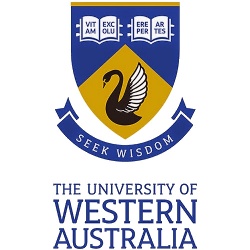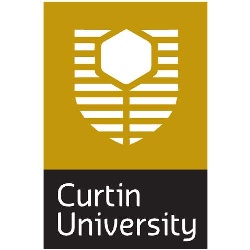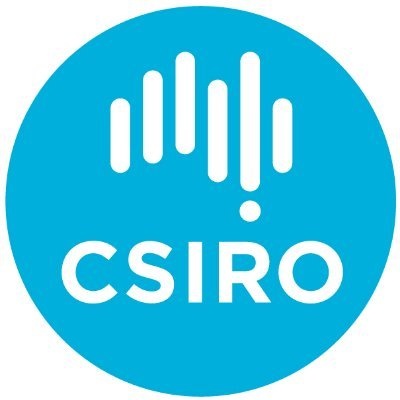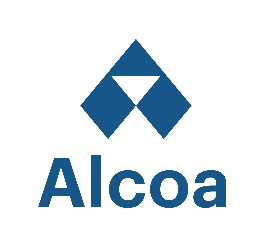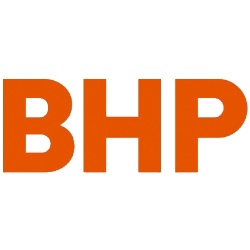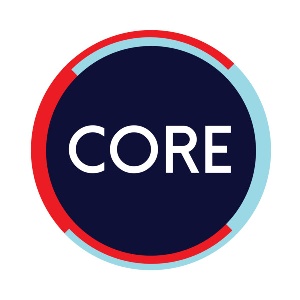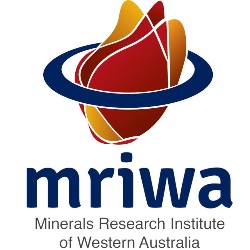United States
Presentation of the following:
A technical language processing-based solution to automatically calculating lubrication-related costs from maintenance work orders
Lubrication plays a critical role in the reliable functioning of rotating assets such as pumps, motors, gearboxes, compressors, fans, wheels and so on. Manufacturing sites can use over 50 lubricants on hundreds of pieces of equipment. Lapses in quality control of lubricants and lubrication systems such as filters, breathers and pumps, can lead to catastrophic failure of critical equipment. However, trying to identify how much is being spent on maintenance of the lubrication systems and the direct costs of failure requires significant manual input from subject matter experts. This is due to, for example, the myriad of ways various lubricants (grease, oil, lube etc.) are identified in historic work order data. In this presentation we demonstrate a technical language processing-based solution to this challenge. MWO2KG is an end-to-end pipeline for constructing knowledge graphs from maintenance work orders. The deep learning model behind the MWO2KG pipeline is trained on annotated data created through collaborative annotation using Redcoat, our open source web-based annotation tool, and can be interacted with by domain experts using Echidna, our open source knowledge graph visualisation platform. We show how we have utilised MWO2KG to automate calculation of the direct cost of lubrication-related work orders. Direct cost is the sum of the cost on executing lubrication work identified in maintenance strategies and the cost of unplanned failures based on the time and materials involved. The MWO2KG pipeline is being used on real industry data although anonymized examples and simulated cost data are used in this example.
